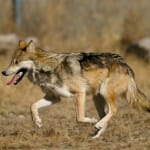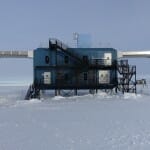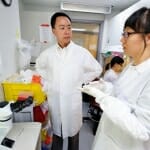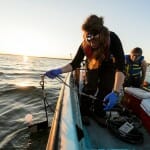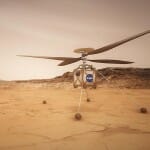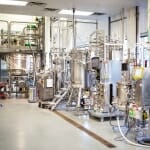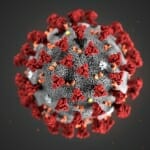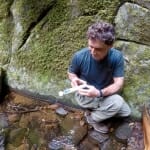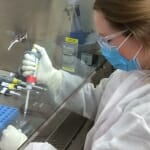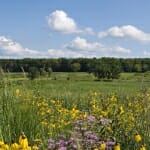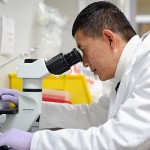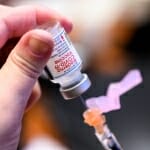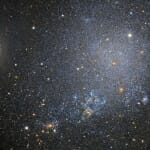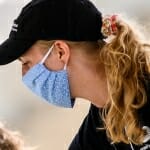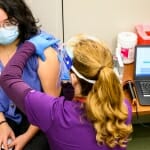Category Science & Technology
Invasive species often start as undetected “sleeper populations”
The finding has important implications for the way we approach invasive species control and management, researchers say.
Measuring the pancreas’s protein landscape assists diabetes and cancer research
New research aims to measure the pancreas’s entire suite of proteins. Ultimately, that data will advance research on pancreatic diseases like pancreatitis, pancreatic cancer, or diabetes.
Aldevron expands manufacturing capabilities in Madison
Aldevron’s partnership with UW–Madison in research and education is a compelling reason the company has continued to invest in its Madison site, its CEO said.
A year of COVID: Panel reflects on what’s transpired
A review of how the UW–Madison School of Medicine and Public Health rose to the challenge and responded to the pandemic.
Kutzbach’s role in climate science ‘expansive and foundational’
John Kutzbach, an emeritus professor in the Department of Atmospheric and Oceanic Sciences, died Jan. 29. His contributions “helped all of us better understand important aspects of our universe — in particular, those of the Earth’s climate system."
UW–Madison initiative to promote university-industry research and education partnerships
“The goal of this initiative is to spark new collaborations with industry, stimulate innovative thinking among students, and promote translation of fundamental research," says Steve Ackerman, vice chancellor for research and graduate education.
UW–Madison watching for new variants of virus that causes COVID-19
UW–Madison is working closely with public health agencies to prepare for the arrival of the variants, and the university has close ties to laboratories conducting surveillance and genomic sequencing for these virus types.
Next group of vaccine eligibility begins March 1
UW–Madison will identify and notify faculty and staff who have direct contact with students of their eligibility and provide next steps for vaccination as this information becomes available.
Dark Energy Survey catalogs nearly 700 million astronomical objects
Astronomical researchers around the world can access these unprecedented data and mine them to make new discoveries about the universe.
Gov. Evers announces new public health emergency, issues new face coverings order
Gov. Tony Evers today signed Executive Order #104 and Emergency Order #1 establishing a new statewide public health emergency and face coverings requirement as the…

